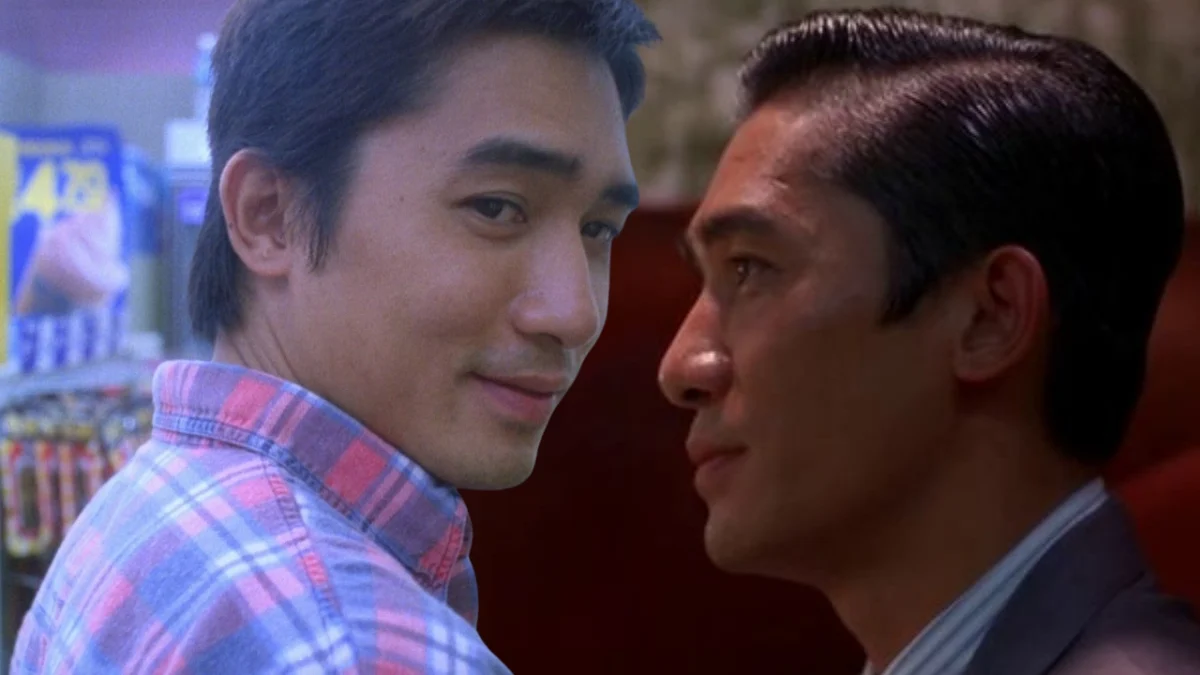
For decades, Tony Leung Chiu-wai has been a major force in film, working in Hong Kong, China, and Hollywood. He seamlessly transitions between small, personal stories and grand, sweeping adventures. Here are ten standout roles that demonstrate how his talent and teamwork helped create some truly unforgettable movies.
‘In the Mood for Love’ (2000) – Cannes Best Actor for a near-silent performance
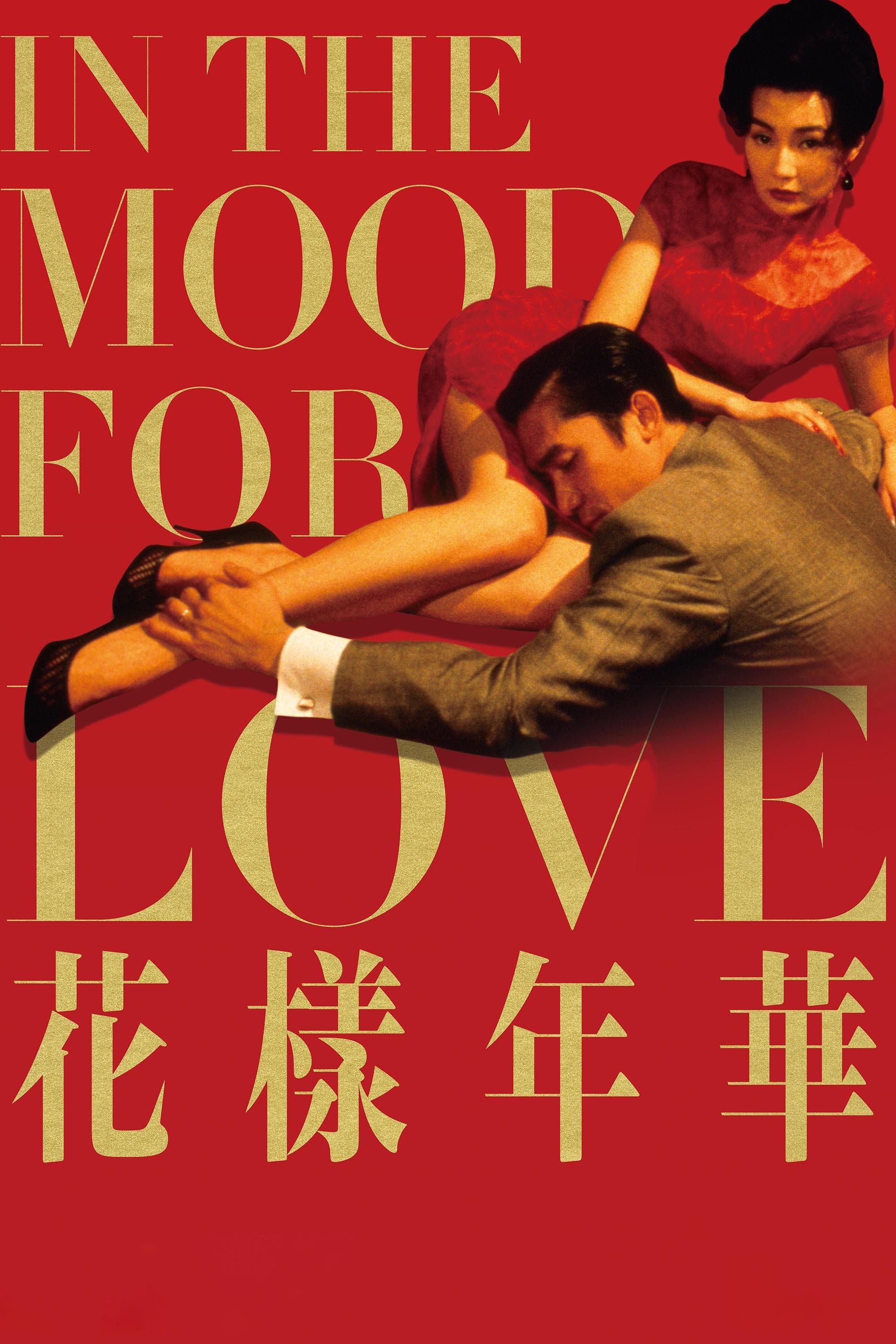
Tony Leung won the Best Actor award at Cannes for his subtle and nuanced performance as journalist Chow Mo-wan, a character he played with few words and restrained movements. This performance is central to Wong Kar-wai’s beautifully made film, set in 1960s Hong Kong. Leung’s portrayal of Chow Mo-wan has continued in other films, making him one of the most iconic figures in Asian cinema. His on-screen chemistry with Maggie Cheung in this film became a model for quiet, emotional romance.
‘Chungking Express’ (1994) – Shot fast during a production hiatus
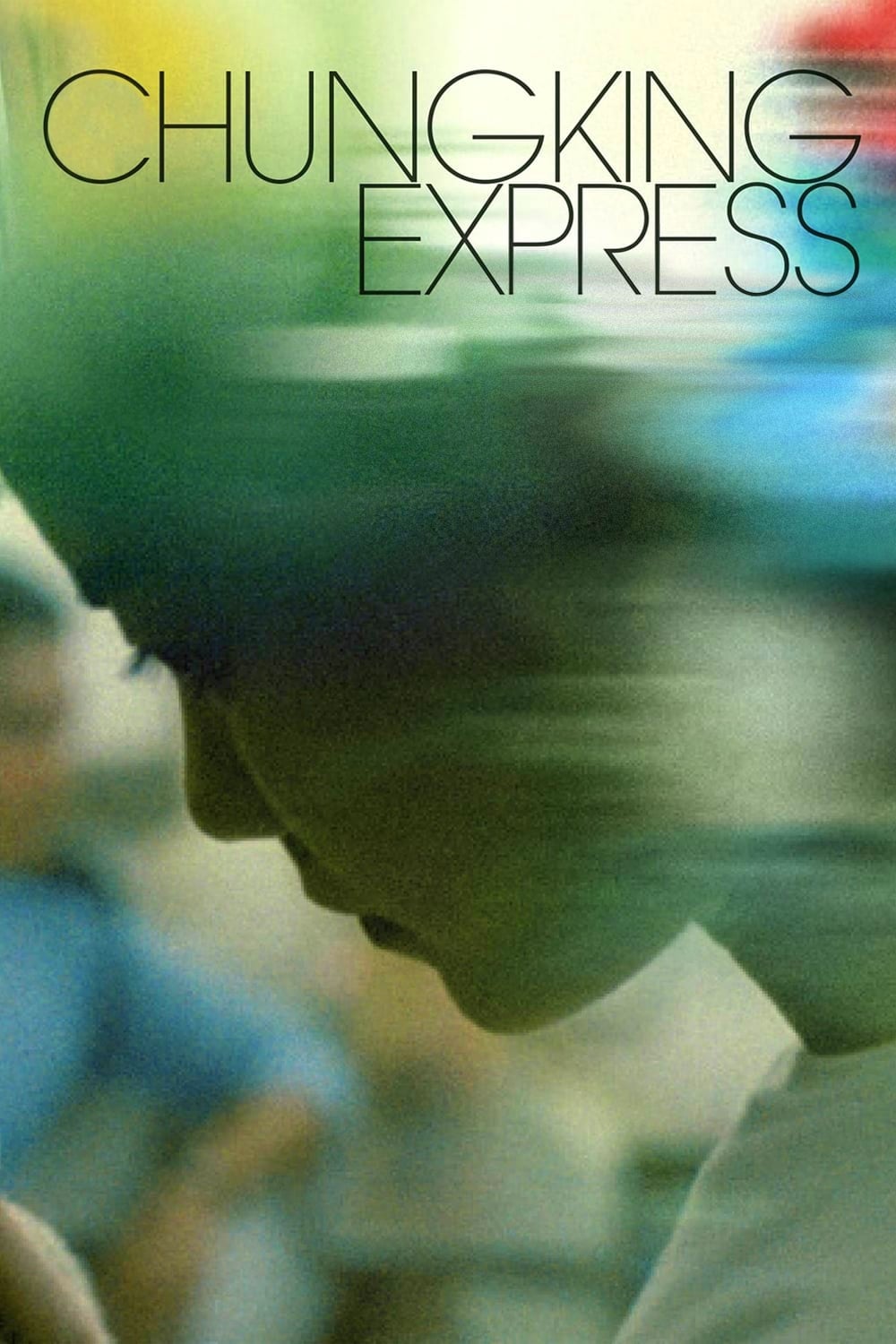
After putting ‘Ashes of Time’ on hold, Wong Kar-wai quickly filmed ‘Chungking Express,’ casting Tony Leung as Cop 663 in the second story. The film’s fast pace, use of real Hong Kong locations, and handheld camera work allowed Leung to add natural, realistic details to his performance. His scenes with Faye Wong were particularly popular and helped the film gain international recognition in independent cinemas. This role also solidified Leung’s ongoing creative collaboration with Wong Kar-wai.
‘Infernal Affairs’ (2002) – Origin of a major Hollywood remake
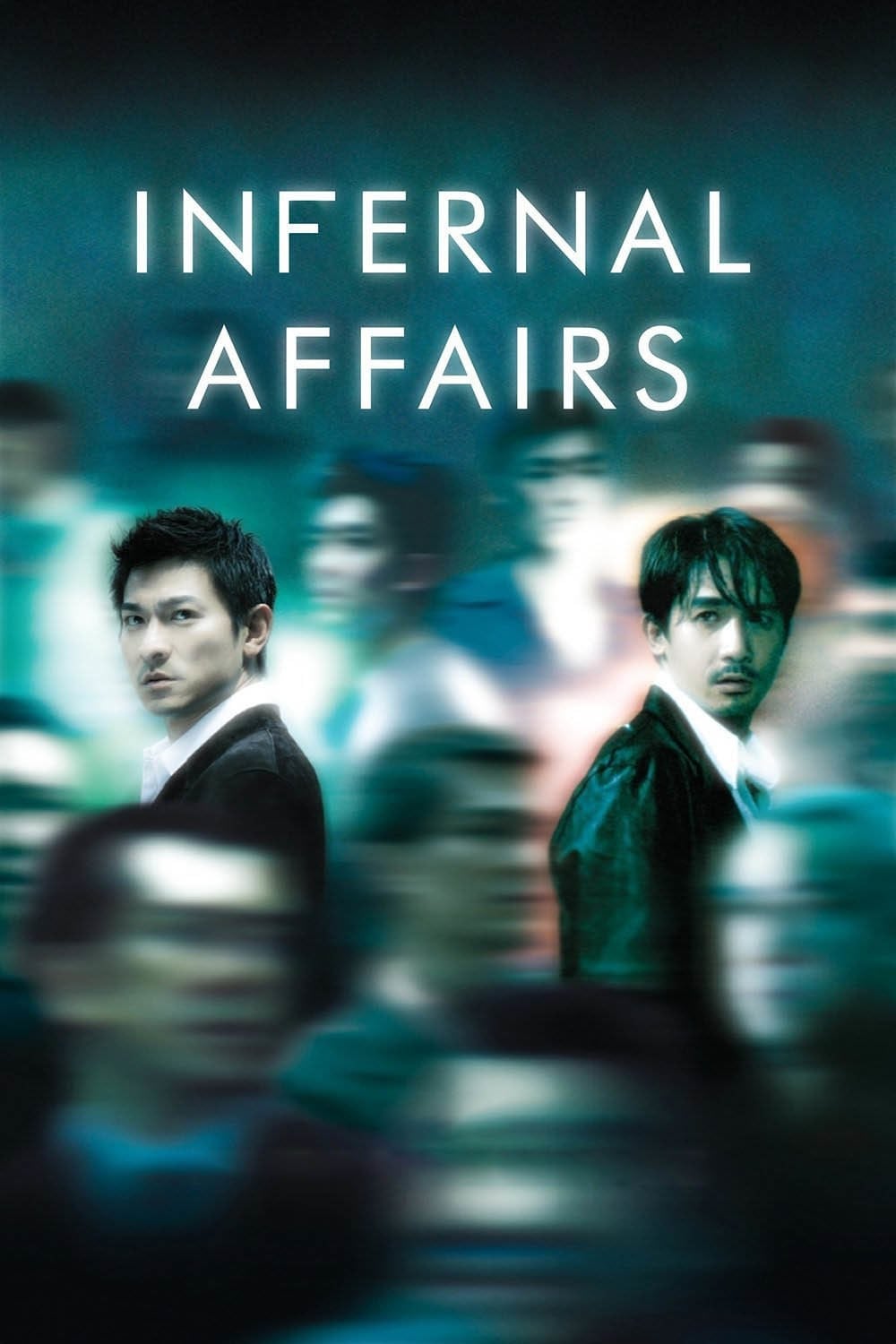
Tony Leung stars as Chan Wing-yan, an undercover officer, in this gripping crime thriller that served as a major influence for the film ‘The Departed’. The movie breathed new life into Hong Kong’s popular police and gangster films, using a compelling structure that focused on two main characters. Leung’s performance was key to the film’s many awards and its popularity both in Hong Kong and internationally. The character he played, with his complex moral struggles and psychological depth, set the standard for undercover dramas that followed.
‘Happy Together’ (1997) – Landmark LGBTQ+ story set in Argentina
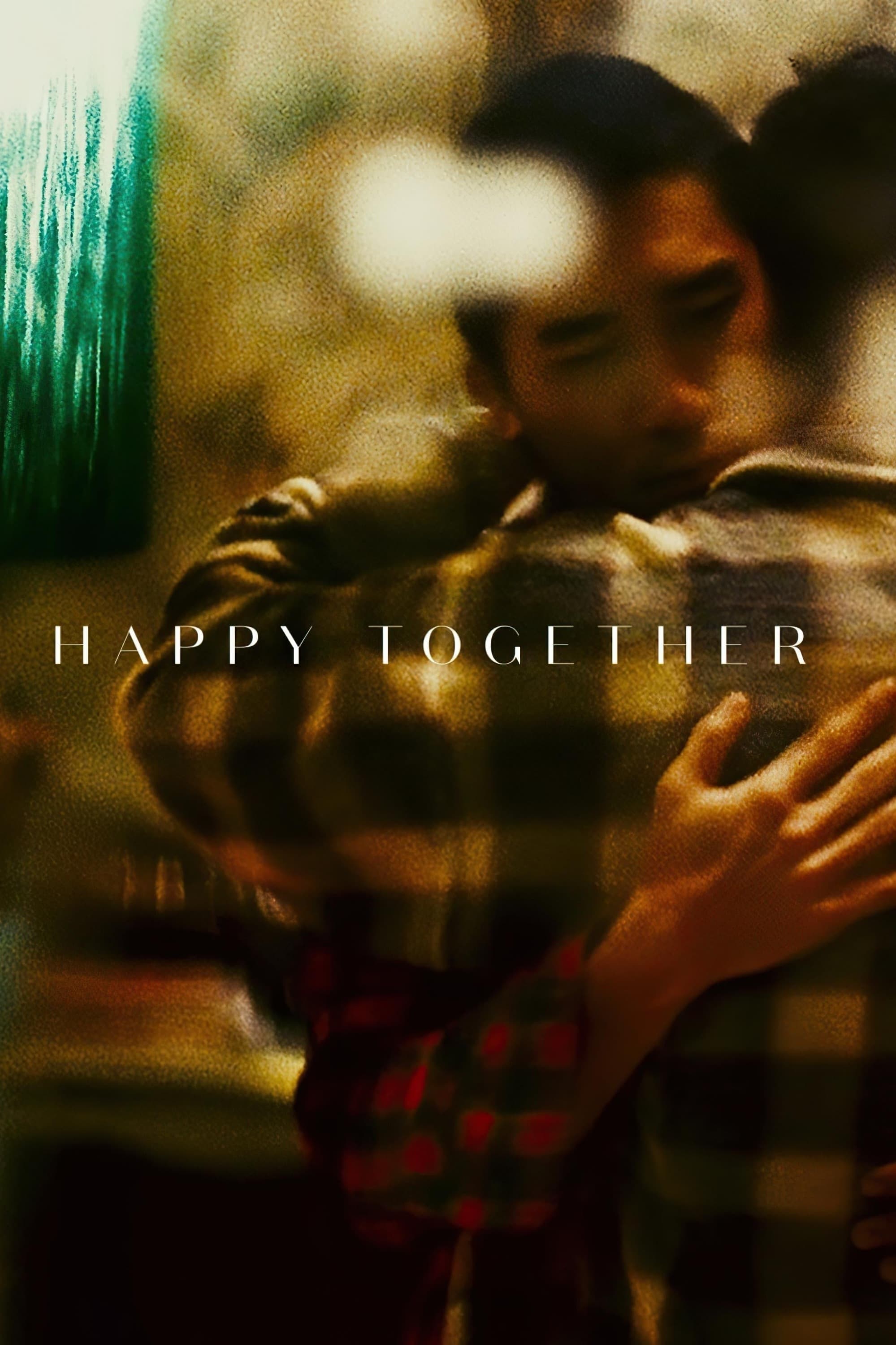
Tony Leung’s central performance grounds this Hong Kong film, which was largely shot in Buenos Aires and centers on a complicated love story. The film won Wong Kar-wai the Best Director award at Cannes and helped showcase the diversity of Hong Kong cinema to a wider international audience. Leung’s character explores themes of immigration, financial hardship, and personal connection, adding depth and cultural relevance to the narrative. His performance also paved the way for more diverse roles for leading actors in Asian films.
‘Hero’ (2002) – Part of the first Chinese-language film to top the U.S. box office

Zhang Yimou’s martial arts film topped the charts in the United States upon its release, which was a significant achievement for a movie with subtitles. Tony Leung stars as Broken Sword, a skilled calligrapher and swordsman who is central to the film’s complex story. His scenes with Maggie Cheung add emotional resonance and explore the film’s themes of sacrifice and togetherness. The film also helped introduce Leung to a wider Western audience.
‘Lust, Caution’ (2007) – Central to Venice’s Golden Lion winner
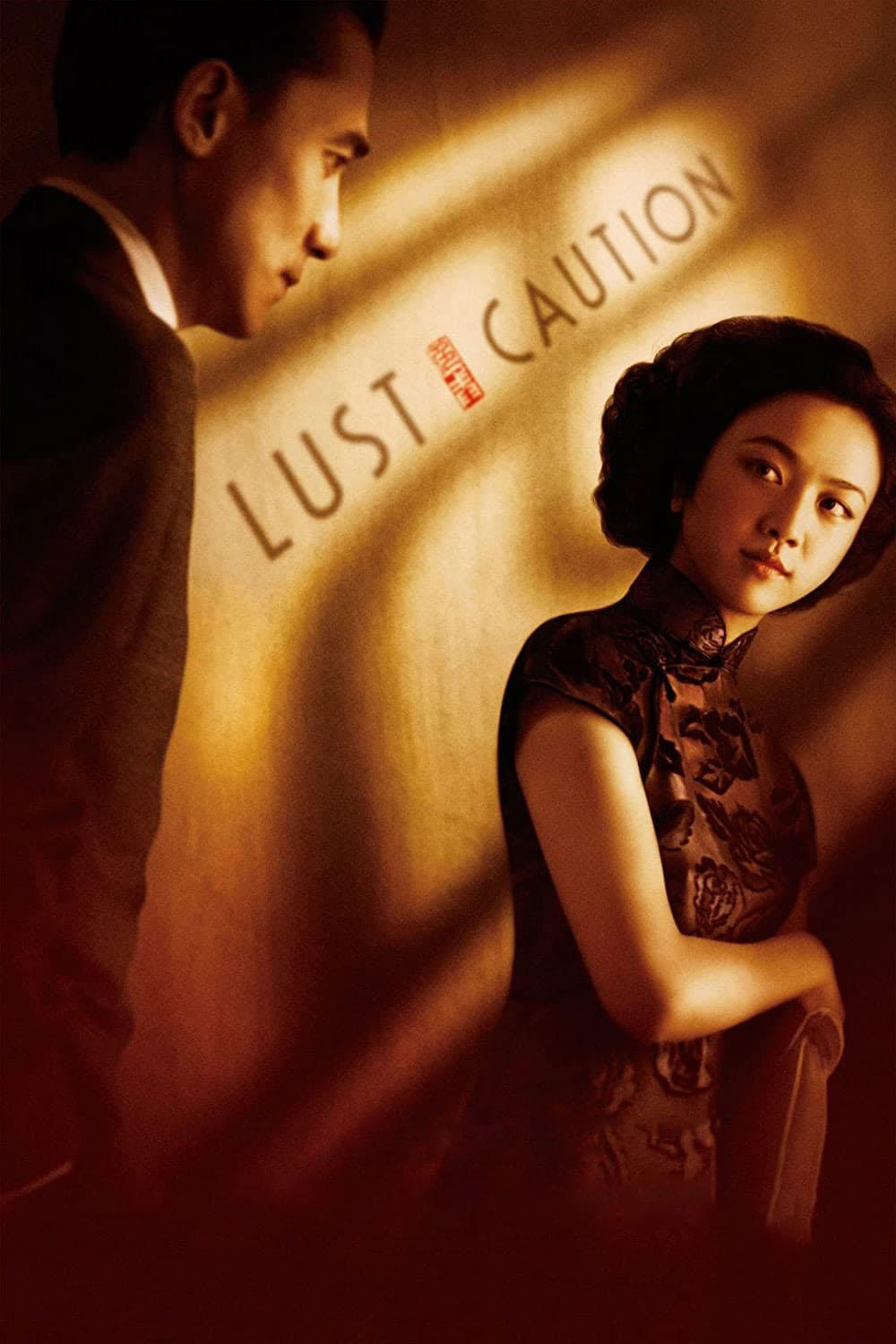
Ang Lee’s spy thriller received the top prize at the Venice Film Festival, with Tony Leung delivering a compelling performance as a key intelligence officer, Mr. Yee. The film’s rare NC-17 rating in the U.S. highlighted its realistic depiction of a turbulent period, its attention to detail, and its intense psychological themes. Leung’s character is central to the story of Shanghai during wartime, navigating the complexities of political control, secret observation, and personal longing. The role demonstrated Leung’s skill at portraying characters who are both threatening and fragile within a historical context.
‘The Grandmaster’ (2013) – Years of wing chun training for Ip Man
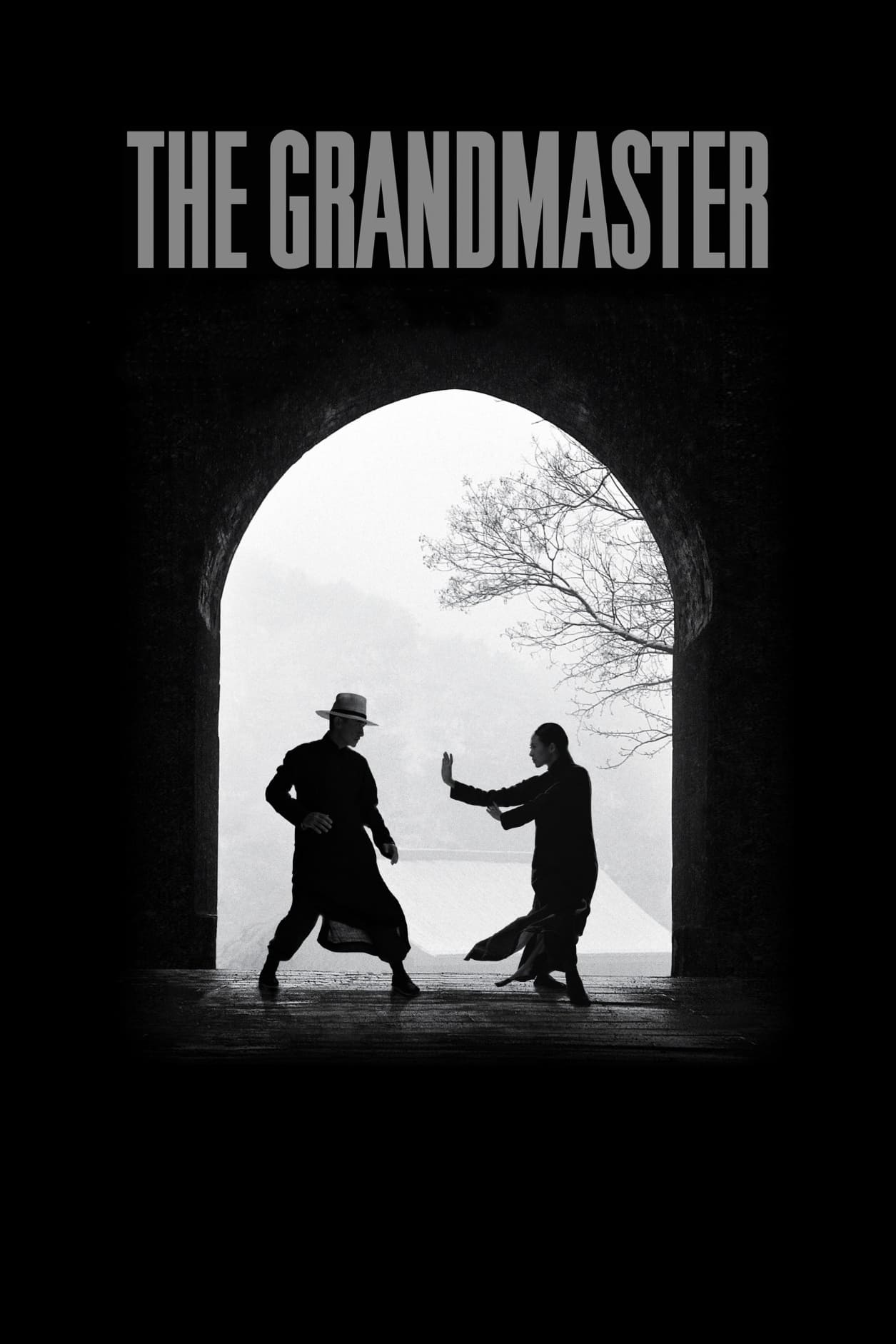
To convincingly play Ip Man in Wong Kar-wai’s film, Leung Chiu-wai dedicated himself to rigorous wing chun training with experienced teachers. During the years of filming, he sustained several training injuries, including broken arms. This intense physical preparation directly influenced the film’s realistic fight choreography and helped create a believable portrayal of the character. The movie was part of a growing trend of Ip Man biopics, but it stood out for its attention to detail and historical accuracy.
‘2046’ (2004) – Revisiting Chow across a multi-year production
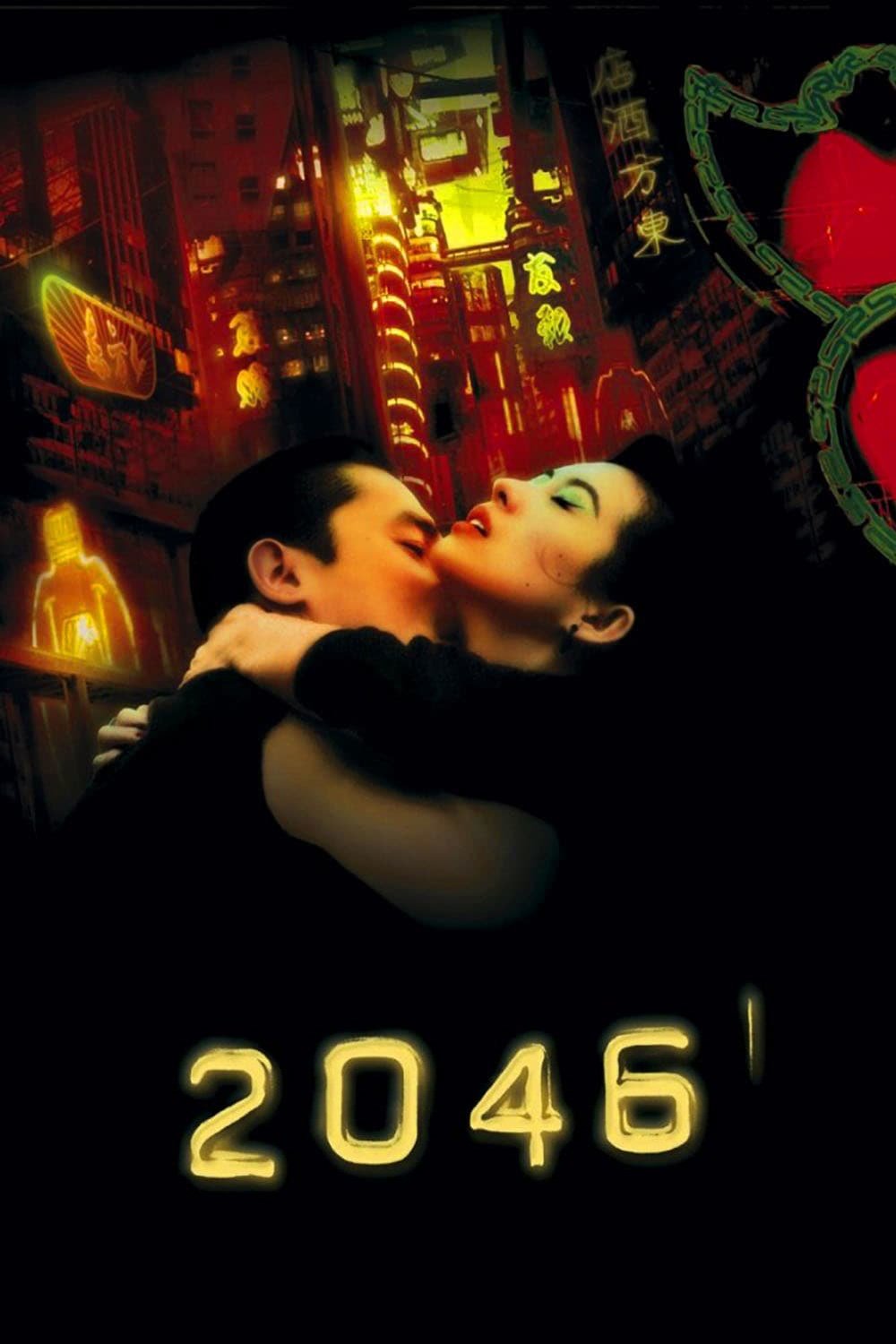
Tony Leung reprises his role as Chow Mo-wan in a film connected to ‘In the Mood for Love,’ a project that took years to develop and refine. The movie blends historical drama with imaginative, fictional scenes to explore themes of memory and how people recreate themselves. By continuing to play the same character across different films, Leung creates a larger, ongoing story. The film debuted at the Cannes Film Festival and further cemented the strong partnership between Wong Kar-wai and Tony Leung on the international stage.
‘Shang-Chi and the Legend of the Ten Rings’ (2021) – MCU debut as a layered antagonist
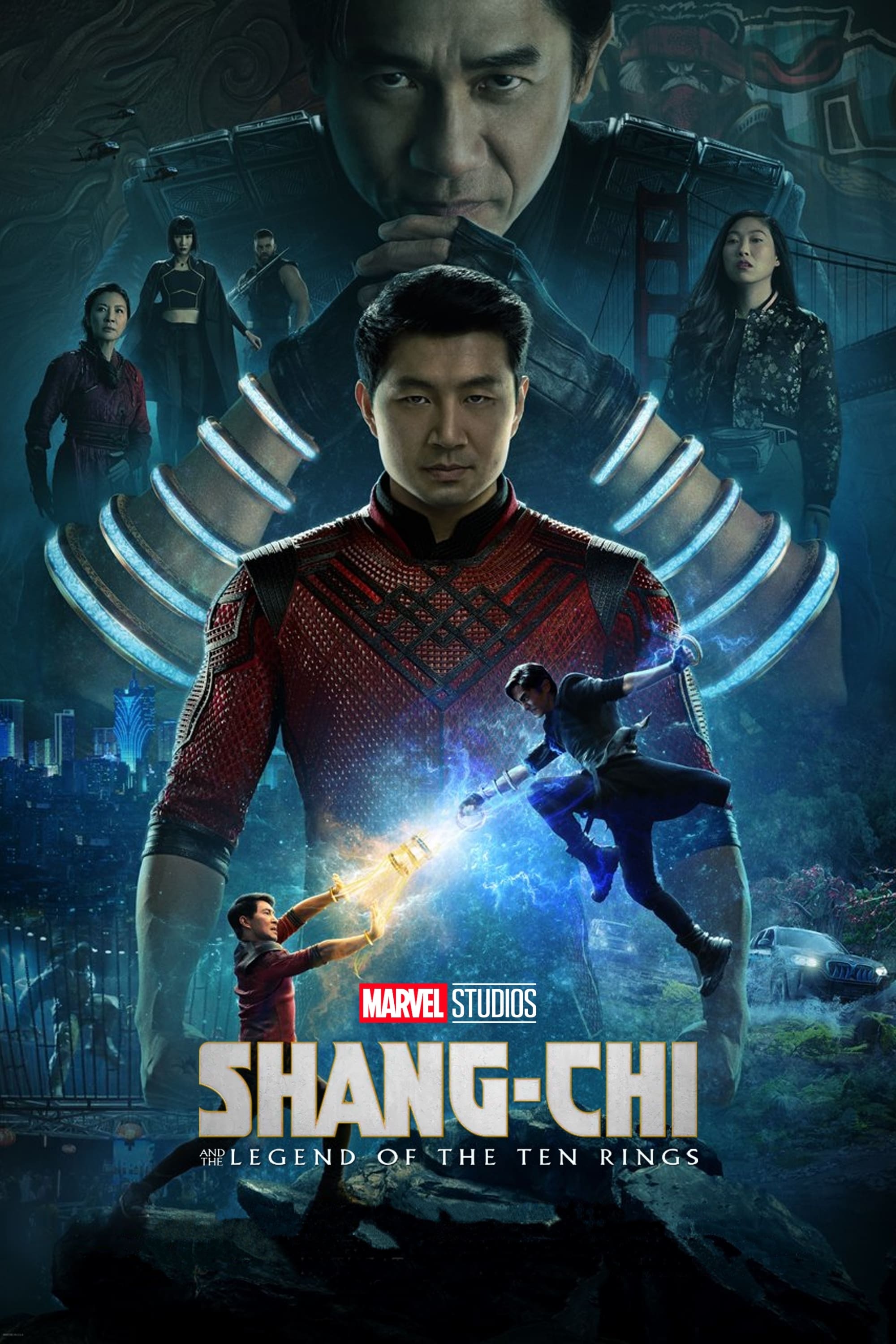
Simu Liu’s portrayal of Wenwu in Shang-Chi and the Legend of the Ten Rings revitalized the Ten Rings mythology within the Marvel Cinematic Universe. The film was a worldwide success and importantly, offered a superhero story centered around Asian characters. Wenwu is a complex character, showing sides of him as a powerful crime boss, a father, and a figure with a history stretching across centuries, linking different periods in the Marvel franchise. This role allowed Simu Liu to break into major Hollywood films while still continuing to work in Asian cinema.
‘Police Cadet’ (1984) – TVB breakout that launched a screen-leading career
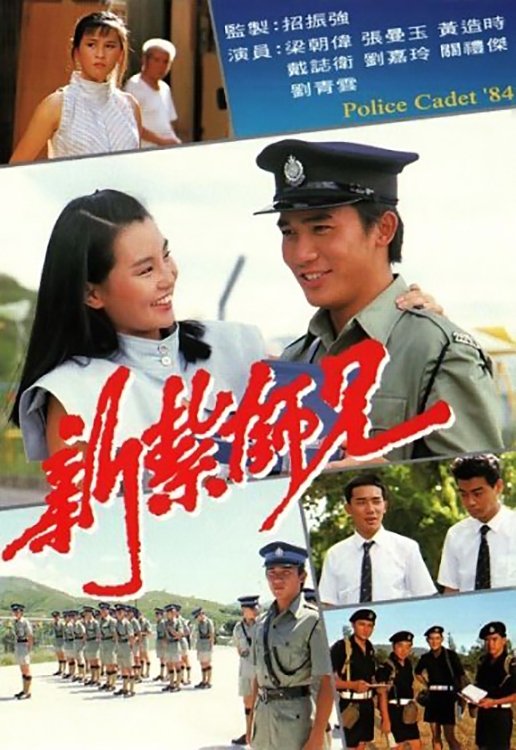
Before becoming internationally known for his films, Tony Leung first gained popularity in Hong Kong through the TV series ‘Police Cadet.’ This show made him a household name and led to other prominent roles on television. His success on TV then opened doors to more prestigious film projects throughout the 1980s and 1990s, building connections that would define his career.
Share your favorite Tony Leung screen moment in the comments!
Read More
- 2025 Crypto Wallets: Secure, Smart, and Surprisingly Simple!
- Gold Rate Forecast
- Monster Hunter Stories 3: Twisted Reflection launches on March 13, 2026 for PS5, Xbox Series, Switch 2, and PC
- Here Are the Best TV Shows to Stream this Weekend on Paramount+, Including ‘48 Hours’
- 🚨 Kiyosaki’s Doomsday Dance: Bitcoin, Bubbles, and the End of Fake Money? 🚨
- 20 Films Where the Opening Credits Play Over a Single Continuous Shot
- ‘The Substance’ Is HBO Max’s Most-Watched Movie of the Week: Here Are the Remaining Top 10 Movies
- First Details of the ‘Avengers: Doomsday’ Teaser Leak Online
- The 10 Most Beautiful Women in the World for 2026, According to the Golden Ratio
- The 11 Elden Ring: Nightreign DLC features that would surprise and delight the biggest FromSoftware fans
2025-11-20 03:48